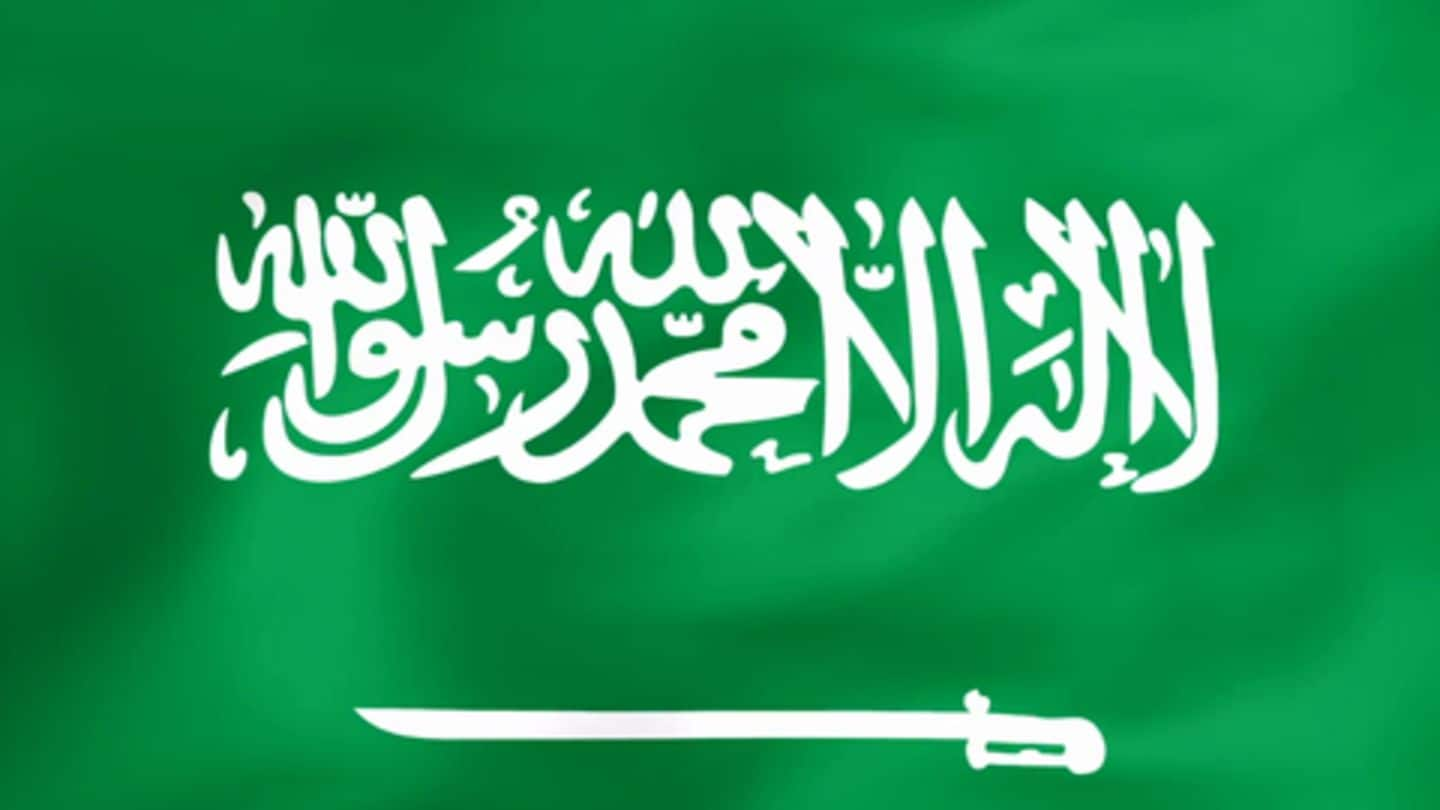
Drones hit Saudi Arabia's oil facilities, major fire follows
What's the story
Saudi Arabia, the largest exporter of oil, woke up to an unprecedented attack on Saturday. Drones hit two oil facilities of Saudi Aramco, the state-run company crucial for global supplies, sparking a massive fire. The facilities at Abqaiq and Khurais were attacked, the Kingdom's interior ministry informed. In August too, an oil field owned by Aramco was attacked. Back then, Yemen's Houthi rebels had claimed responsibility.
Facilities
World's largest oil plant was hit in drone attack
Aramco describes its facility in Abqaiq as "the largest crude oil stabilization plant in the world". After processing sour crude into sweet crude, the facility transports it to points in the Red Sea and the Persian Gulf. As per estimates, it processes 7 million barrels of crude oil daily. Meanwhile, the facility in Khurais produces over 1 million barrels of crude oil daily.
What happened
An investigation has been launched: Saudi Press Agency
About the attack, the official Saudi Press Agency said, "At 4.00am (01:00 GMT) the industrial security teams of Aramco started dealing with fires at two of its facilities in Abqaiq and Khurais as a result of drones." The source of the attack wasn't immediately revealed. An investigation is underway, the agency added. In the latest development, Yemen rebels took responsibility for this attack too.
Tensions
Understanding why Yemen rebels are fighting against Saudi
Notably, the Kingdom and Yemen rebels are locked in an intense battle since 2015. The Houthi rebels regularly carry out such attacks to retaliate against Saudi-led air attacks. The rebels, backed by Iran, have control over Sanaa, the capital of Yemen, and other areas. The crisis in the poorest country of the Arab world has killed over 90,000 people in the last four years.
Looking back
Earlier, rebels had warned of more such attacks
When another plant was attacked in August, a spokesperson of the rebels had promised "fiercer" actions if Saudi retaliated. Attacks were also carried out in May and June. Condemning last month's events, Saudi Energy Minister Khalid al-Falih, had said, "This terrorist sabotage follows a series of actions, including attacks against oil tankers, and are aimed at disrupting international oil supplies."
Details
More violence means peace talks will be derailed
The back and forth attacks have destabilized the United Nations' attempt to bring peace in the region, at a time when violence has pushed Yemen on brink of famine. To note, tensions in Gulf have peaked since May after US President Donald Trump abruptly called off airstrikes on Iran, when the latter downed a drone. Saudi and US have blamed Iran for multiple attacks.